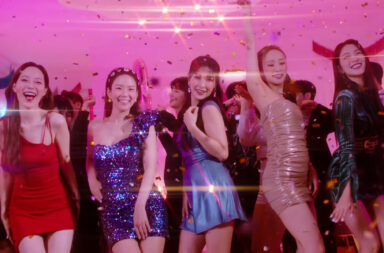
Seoulbeats has been around for quite some time. In that time, we’ve seen a lot of changes in the K-pop landscape. The music has evolved, with new trends coming and going, and groups debuting and disbanding in the time since Seoulbeats’ inception. K-pop went from a small niche to a bigger niche with a wider audience, with a global reach. We celebrated our tenth year anniversary with you, and now, we celebrate our 10,000th article.
For a volunteer-run group, composed of K-pop fans writing out of love (and frustration), this truly means a lot for us. As part of our celebration, we ask our writers: What are your favorite Seoulbeats’ articles? Each are allowed to select two: one review (Album, MV, or TV/Film) and one other (Socio-Cultural, Humor, etc.).
Pat: First off, congratulations to all of us writers, past and present, for getting to 10,000 articles! And thank you, to our readers, for sticking with us!
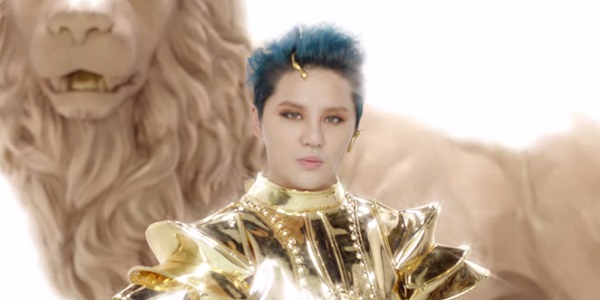
Music video reviews are my favorite to read. I love taking apart visual media and analyzing it for what it is. I personally think that we, as creatives, always have a story to tell, and as humans, we all have experiences that shape us. This is brought forth in the creation of a music video, and in the analysis of any media. My favorite MV review is Junsu‘s “Flower” which perfectly encapsulates this. On first glance, the MV is an extravagant, theatrical release, but taking into consideration the history of the artists involved? It becomes something deeper, and this mv review shows that.
But what really drew me into Seoulbeats was the socio-cultural commentary, something that I rarely get from other K-pop sites. Dana’s “Double Standards: When Gender Politics Meets K-pop” from 2012 was one of the first Seoulbeats articles that made me think about K-pop as a socio-cultural weapon, as a representative aspect of South Korea that one can analyze. While I got into K-pop in 2007, I was too busy with high school, applying for college, and then college itself to go further into K-pop—I liked the groups I liked and didn’t look for more. In the midst of international conferences, international politics, and a thesis, I didn’t have time to invest more energy into K-pop outside of “I will look at the pretty and let the music energize me.” But this article made me go “oh. I can use my degree to analyze and criticize the one thing keeping me entertained.” One year after this article was published, I had joined the team as a baby writer.
Siena: As a newbie member of the Seoulbeats team, I remember my reader-only days like they were yesterday…because they were! One of the first articles that made an impression on me was “A Fan’s Guilt: Revisiting the Case of Park Yoochun”, about writer Camiele’s struggle to come to terms with allegations of sexual assault leveled against her ultimate bias. Objectively, it is a really messy piece, reading like something of a stream-of-consciousness monologue with no clear argument, and few conclusive statements. However, I was completely bowled over by Camiele’s incredible vulnerability. Her willingness to bare her fangirl soul and write in a deeply personal way about such troubling issues is, frankly, astonishing. I also admired the fact that Seoulbeats published such a raw piece, and it clued me in that this was a site worth keeping up with. The article is certainly not one I go to for a mood-lift, but I doubt I’ll forget it anytime soon.
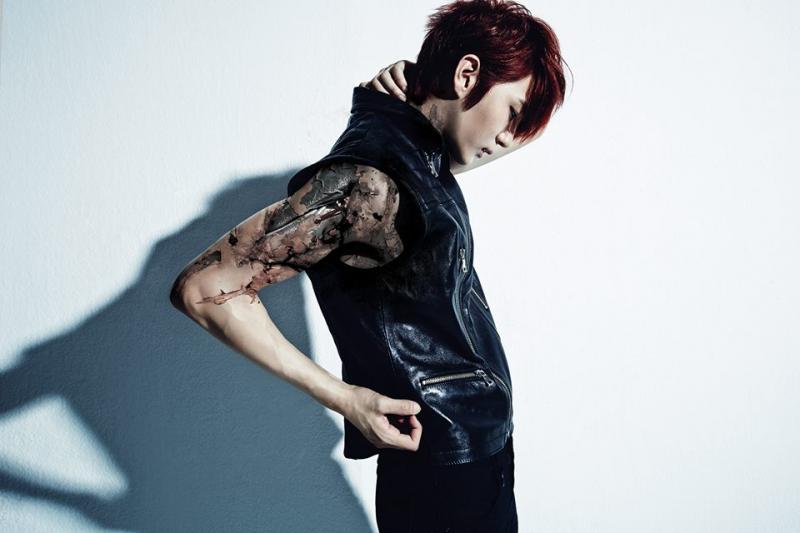
A Seoulbeats’ writer I do revisit for fun is Nabeela. Her “Confessions of a Fangirl” series is priceless, and her ode to Vixx’s Leo made me cry actual tears of laughter. Ultimately though, my favorite piece of Nabeela’s is her MV review for G-Dragon’s “That XX”. I think one of the hardest things to do is to write a rave review that isn’t repetitive or boring, and that’s just what she manages in this piece. Paragraph by paragraph, Nabeela breaks down the masterful lyrics and visuals of “That XX” in delicious detail. By the time you’ve reached the article’s conclusion, you both feel like you’ve already seen the MV, and are burning to watch it immediately. If that isn’t a review well-done, I don’t know what is.
Rimi: Siena’s choice of the Park Yoochun article is one of my favorites too, and since she’s mentioned it, I’ll talk about another one I loved. Qing’s “Bringing Hip-hop Back to K-pop: A Retrospective on B.A.P’s Career” remains one of the best, most thoughtful explorations of an idol group’s career that I’ve come across. At that time, I was just getting into B.A.P (very late to the party, yes, since they’d already gone their separate ways), and the write-up helped me better appreciate the challenges faced by idol groups on the road to success. This is important — I had mostly been a BTS stan until late 2018, and in hindsight, quite biased in my view of the wider industry. This is also the article that finally convinced me to apply to Seoulbeats, once the call for writers was put out a few weeks later — and the rest is history.
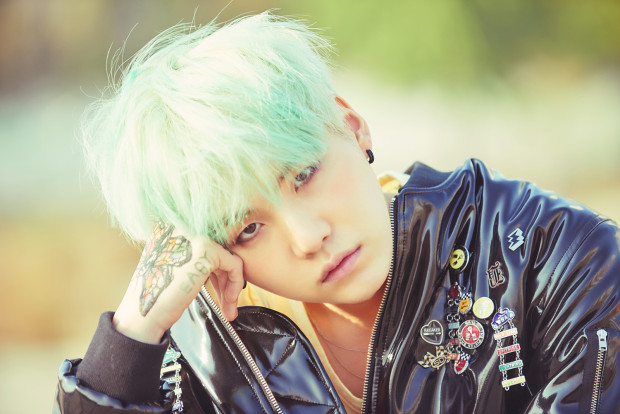
It’s harder to pick a review I loved simply because there are so many, and because my own enjoyment of the review is driven by how much I loved the song, album, drama or film. There are a few reviews however, that defied that norm; which I enjoyed even if I didn’t love the material under discussion quite as much. An easy example is Karen’s “Day6‘s “The Book of Us: Entropy”: Diversity As Aesthetic, Adaptation as Artistry”, where she masterfully pulls together the different threads running through the album to create a coherent narrative for the listener. But I can’t possibly let this go without giving an honorable mention to the two reviews I enjoyed most, of my favorite “albums” in K-pop: Lorenza’s “Suga Proves His Skill in “Agust D“” and Aastha’s “RM‘s “Mono”: An Introspective Balance of Idealism & Realism“. I’m completely biased. Sue me.
Kameka: One thing I really enjoy about Seoulbeats reviews is that writers are unafraid to turn a critical eye upon the work of even the most beloved artists, and as a result I’ve read several different perspectives on otherwise largely acclaimed or panned works. One of my favourite examples is Vivien’s album review of BTS’ MOTS: 7. As a huge BTS fan who was also relatively let down by the non-singles of the album, it was almost relieving to find that someone else had also felt that it wasn’t showcasing the group’s full potential. I would also like to give an honourable mention to Qing’s article on BTS’ Love Yourself series, which I rediscovered shortly after joining the writers’ team, and realised I had read it— and enjoyed it— over a year prior, without realising it came from Seoulbeats! As a baby Seoulbeats writer, I’m inspired by reviews such as these to bring new perspectives to my own reviews, which will hopefully resonate with someone else in the K-pop community.
It is hard to pick just one of Seoulbeats’ sociocultural analysis articles, but I think I would have to go with Pat’s article “Sponsorships: Just Another Word For Prostitution?”, because I thought the research done towards the piece and the depth of its coverage of taboo topics was so well done, and I learned a lot from it. The article was also interesting and concise, and I also really appreciated its focus on the history of Korea’s prostitution culture, rather than simply being a look at sponsorship within the industry today. I personally feel as though articles which are research-heavy, as well as analysis-heavy, are the most challenging ones to write, so I have to say this article gives me a lot to look up to!

Sara: I first came across Seoulbeats when I saw Qing’s MV review of Seventeen’s “Fear” on my Twitter timeline. I was completely blown away by it—this was the kind of analysis that I loved. Before I read Qing’s review, I appreciated the allusion to Dead Poets Society, its aesthetics, and the choreography (naturally) of the MV, but I never considered digging deeper into it. The “Fear” Mv became so much more when Qing pointed out details like the juxtaposition between the Romantic ideas of the natural with the manmade elements in each scene. Neat-looking sets became filled with symbolism that all connected back to the darkness of Seventeen as they unearth—but ultimately, as Qing emphasizes, confronts—their artistic fears. Not long after, I was inquiring about joining the Seoulbeats team.
One of the other things I love about about Seoulbeats is its socio-political articles. A recent piece I found to be especially impactful was “Should #BlackLivesMatter in K-pop?” by Cjontai, a former Seoulbeats editor and writer. Cjontai takes a look at the support (or lack) of Black Lives Matter within K-pop. It is no secret that K-pop draws significantly from Black culture and is, unfortunately, also known for its anti-Blackness. The article concisely discusses the lack of accountability in K-pop while acknowledging that with the flood of action that followed the killing of George Floyd is hopefully an indication that conversations previously avoided will now be had.
Articles like these have inspired me to turn a more critical eye on the music I love, its industry, its history, and fandom culture. In turn, I have not only learned more about the depth of K-pop, I have also come to a point of realization that with art, critique and appreciation can coexist.

Victoria: Like many of the other writers, I too find the socio-cultural commentaries what make Seoulbeats different. I’m new to the team, but I still find myself impressed by our writers’ ability to grapple with tough topics. Like Kameka, I also found Pat’s article “Sponsorship: Just Another Word For Prostitution?” to be impactful. The depth of thought and thorough research made me feel more informed on a topic that is often shied away from in popular media. Not only did she give background information and in-depth analysis in her commentary, but it was concise and digestible for the average reader as well. I would be interested to see how this topic could be further contextualized in light of recent scandals such as the Burning Sun scandal and the presumed suicide of Seoul mayor Park Won-soon just this week following sexual harassment allegations.
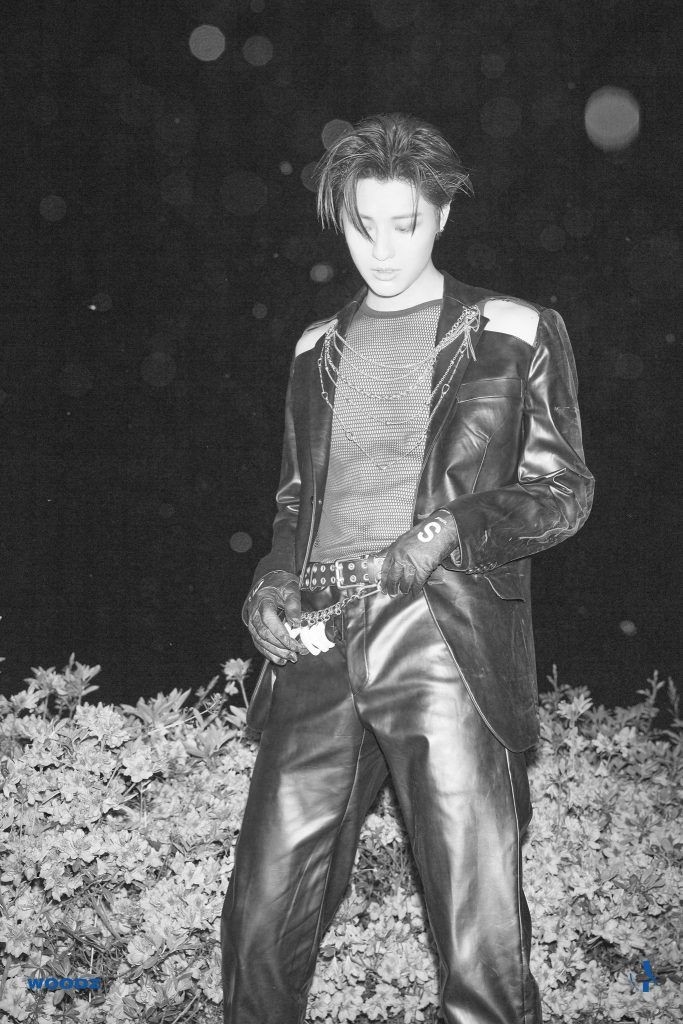
On a lighter note, I recently enjoyed Sadie’s MV review on Woodz’s “Love Me Harder.” Not previously familiar with Woodz, I was already blown away by his newest release, but Sadie’s cosmic retelling of Woodz’s alter egos gave me a new perspective on the video. Separating aspects of the video into the identities of “Earth” and “Cosmic” gave the aesthetics more depth and meaning. And further cementing my newfound love of wonder boy Cho Seungyoun. As a baby Seoulbeats writer, reading such a fascinating article that gives concrete meaning to complex ideas inspires me to look at upcoming releases from more unconventional angles going forward!
Gina: Choosing only one review and socio-cultural piece was no easy feat. After endless debates and a few heart-wrenching deletes, my review pick is Rimi’s “From Underdogs to Saviors: BTS Struggle with Ambitious Concepts in ‘ON’ MV.” I loved how Rimi took the time to break down everything for us before, during, and even after the main discussion of the MV. As someone who slowed down on following BTS after “Love Yourself: Tear,” her explanations on their intertwined themes, their intended symbolism, and how the group’s ongoing narrative comes to a close with “ON” was incredibly insightful. Not to mention her meticulous honesty on why this may be BTS’ weakest release, and how it resonates within the bigger picture BTS is aiming to present.
Meanwhile, the struggle to narrow down my many favorite socio-cultural pieces to one led to “Baekhyun’s Comments on Depression: Navigating the Nuances of Mental Health Responsibly” by Qing. Even after my first read, I’m still wowed by the amount of objectivism, transparency, and specific detail that she painstakingly included for every point made. Beyond merely clarifying the misunderstandings surrounding Baekhyun’s incident, Qing took ample time to have us consider the greater picture — the growing presence of mental health awareness in K-pop discussions, and how the conversation should be directed from here on forth. Overall, this article was a daring, but very much needed, venture that I learned so much from. Especially since mental health is a delicate subject, more so in the context of an idol as a role model for a fan. I low-key doubt that any other online explanation can be as thorough, accountable, and applicable for all of us to consider off the page.
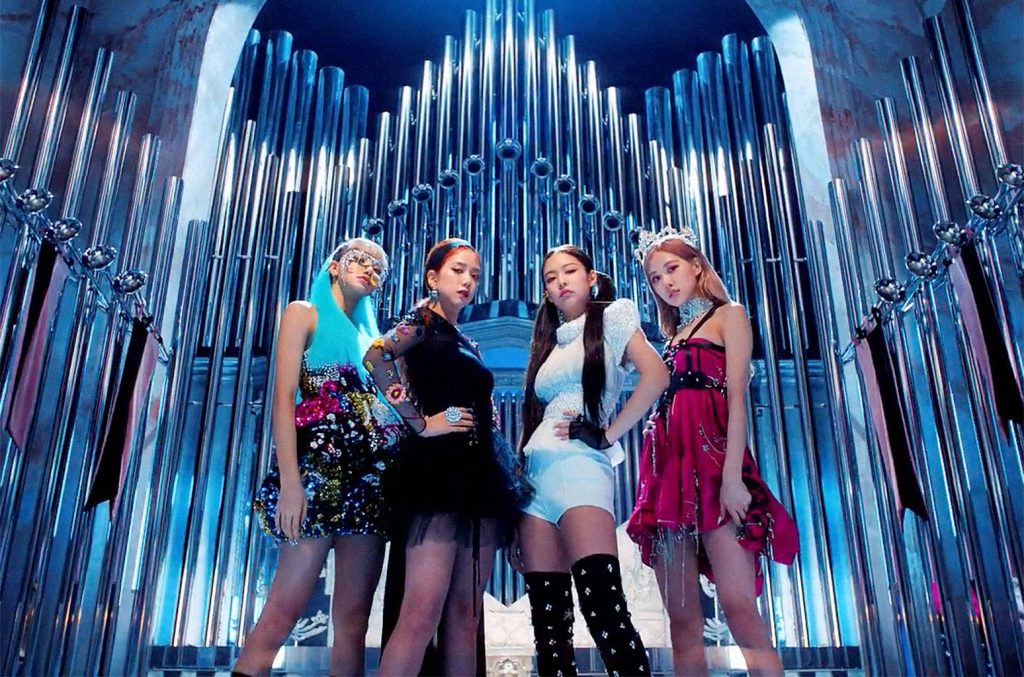
Isabella: Just like many other Seoulbeats writers, I first found the site through music reviews. I’ll be honest: at first, I only read reviews because I wanted to see fellow fans gush over releases by my favorite groups. But I grew to appreciate Seoulbeats’s critical approach to reviews — mindless spazzing can be found everywhere on social media, while true analysis is both riskier and rarer. So it’s no surprise, then, that my favorite Seoulbeats article is Qian’s review of Blackpink’s Kill This Love EP. Oh, those one-liners! This review just shines with unfiltered, brutal honesty — as well as a healthy dose of pure wit. Imagine if angry hordes of fans had pressured Qian into writing a bland, sycophantic review; we’d all have been deprived of those sharp, hilarious zingers. Thank you, Seoulbeats, for publishing opinions even when they’re controversial!
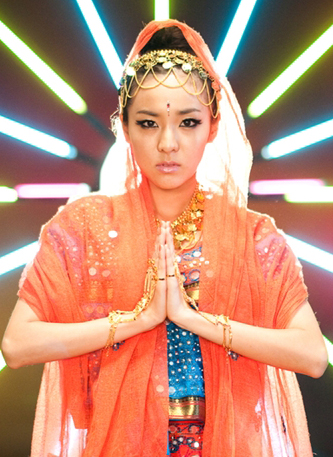
Seoulbeats’s commitment to honesty also shows through in its sociocultural pieces. I particularly enjoyed “Ethnic Dot: A Discussion on Bindis in K-pop.” As a Chinese-American living in an area with plenty of other Asians, I’ve been mostly sheltered from racism. In fact, my friends and I joke that the most obvious racism we’ve noticed occurs when an Indian friend feels left out because everyone else is speaking Mandarin. So this article on cultural appropriation and racism was incredibly eye-opening. I especially appreciated the range of views and voices; the article has a very complex, nuanced take on racial microaggressions, uniquely South Asian experiences, and even the cultural significance of a bindi. This article serves as the perfect reminder that not only is K-pop a source of entertainment, but it can also act as a unifier and educator, bringing together people of different backgrounds and cultures.
Lynn: In terms of reviews, since film reviews tend to be rarer than drama and MV reviews on Seoulbeats, I find that I always end up reading them whenever they are published. That is how this review of The Handmaiden by Sarah ended up becoming one of my favourite reviews. I knew about the movie before I read the review; I knew that it was from the same director of Old Boy, which I had finally watched not too long before. However, the review was what propelled me to watch the actual movie. The review discusses the plot and how it diverges from the original novel, but it was also very memorable in the way that it described the beauty and tension present throughout the entire movie.
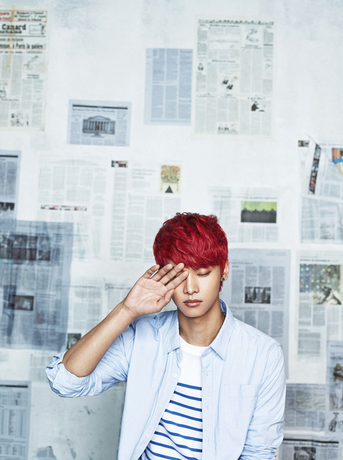
Like a lot of other writers have said, some of the articles that have stuck with me the most are the socio-cultural pieces. I still remember first reading this article by Gaya, “Things K-pop Fans Often Excuse but Shouldn’t: Shadeism” from six years ago. I had already seen K-pop idols and other Korean celebrities make comments about skin tone that rubbed me the wrong way, though I could not quite put my finger on why. Shadeism was not a concept I was familiar with at the time, but this article really opened my eyes to what it was and its consequences. I thought the piece was great in its explanation of what shadeism was and why it should be taken seriously, and it had a lot of relevant examples from different K-pop idols and groups. I would definitely credit this article as one of the pieces that have helped me become a more conscious consumer of K-pop and Korean entertainment in general.
Qing: I was about to protest loudly at Pat for limiting us to one review and one… every other kickass non-review article we’ve ever done. Then I saw Siena and Rimi’s replies and laughed because “You know, I really liked X and Y, but let me go with Z” is definitely something I’m guilty of. I see what you guys did there!
So many articles whizzed through my head while I was crafting my response, but one thought stood out with especial clarity: I have to talk about Mark. He’s our former Managing Editor and a longtime writer with the site, and his deadpan sense of humour is so brilliant that so many confused commenters thought his epic rap battle features were real. (See? Guilty as charged.) Of his many humour articles, my favourite remains “Rough Translation: An In-Depth Look at Black Pink’s ‘Boombayah’ and ‘Whistle’“. I won’t spoil it, but it just keeps building in hilarity, culminating in the last two paragraphs that delighted me, as someone who majored in English Literature. I’m a good writer, if I may shamelessly say so myself, but humour doesn’t come easily to me in writing, so it’s a quality I respect.
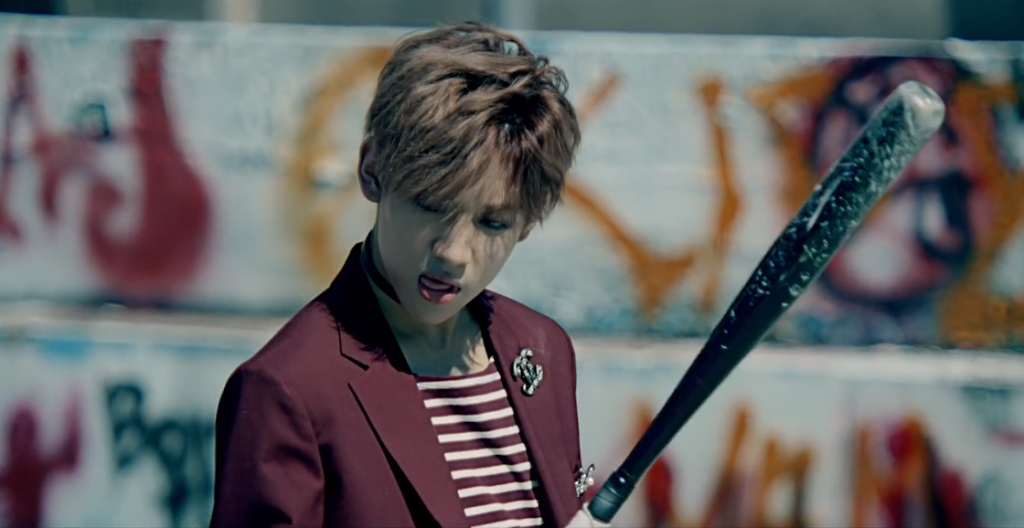
Since I’m already cheating a bit, let me push it a little further and pass off Chelsea’s “When Boys in Love Turn Violent” as a multi-MV review. By 2015, I had completed my undergraduate studies, and having taken several feminism courses, I felt fairly confident that I had a keener awareness of the ways in which sexism manifests. Chelsea’s article proved me wrong: it had never once occurred to this self-respecting feminist that violence in male idol group MVs was problematic. After reading the piece, the scales fell from my eyes, and I learned to be much more discerning towards the K-pop content I was consuming. Like Pat, I realised that my academic background goes a long way to help me appreciate and critique what was keeping me entertained. It’s quite possible that I might not have approached the articles cited above the same way if I hadn’t had this moment of realisation.
Looking at our discussion as a whole, I’m struck by the legacy of Seoulbeats: we painstakingly put out articles that draw in readers who become writers, who then go on to write more articles that inspire other readers to write for us. Certainly makes the (metaphorical) blood, sweat, and tears worth it. (Super guilty as charged, and not at all sorry, but I’ll show myself out now.)
If you have a favorite article, we’d love to hear from you in the comments!
(Images via SM Entertainment, CJES Entertainment, Jellyfish Entertainment, Big Hit Entertainment, Pledis Entertainment, Yuehua Entertainment, YG Entertainment, JYP Entertainment)


